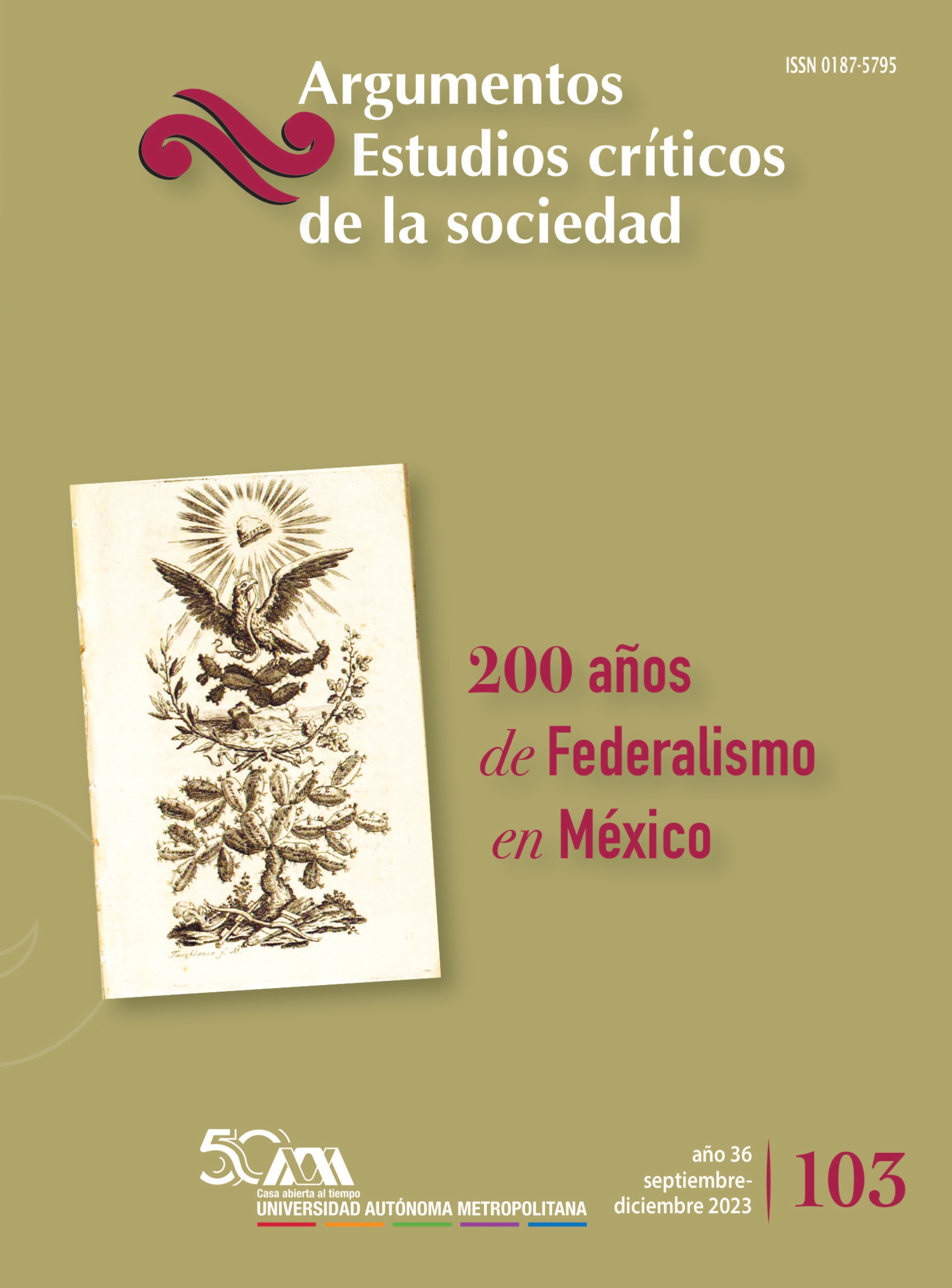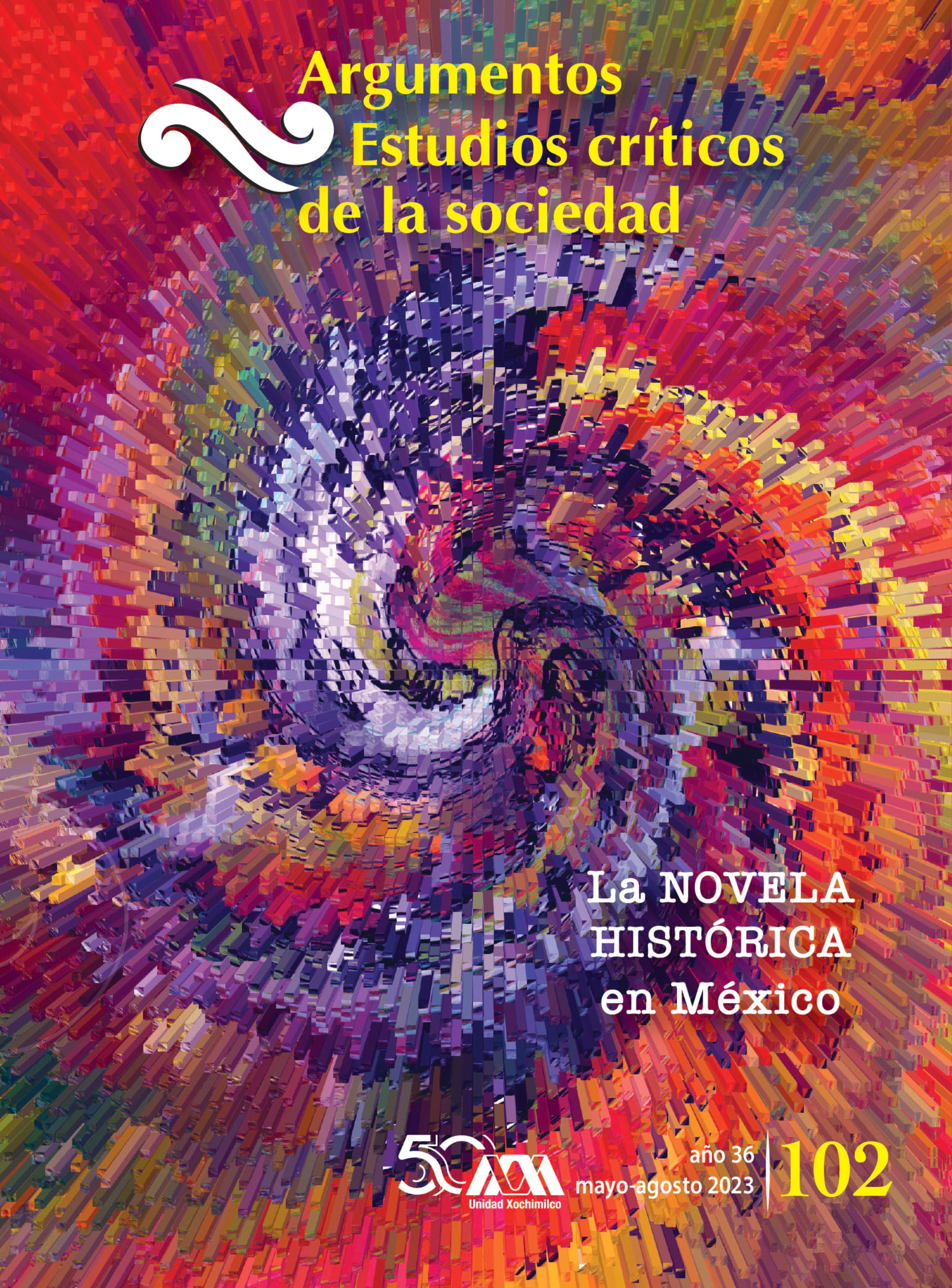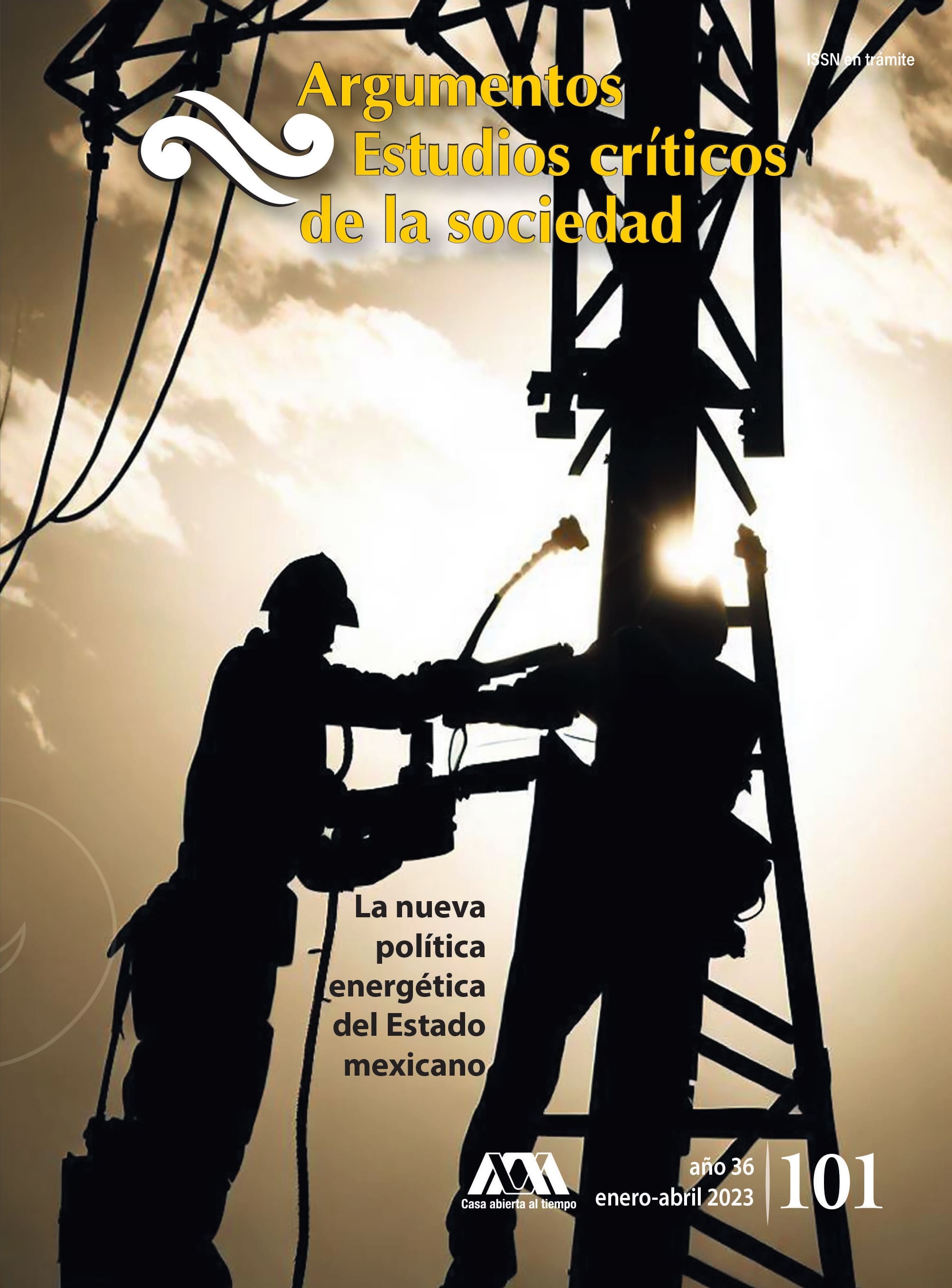La Redefinición de las reglas internas de poder en el PRI, 1988-2001.
De la XIV a la XVIII Asamblea Nacional
Abstract
Beginning in 1988, the PRI embarked on a process of organizational change. In terms of variables exogenous to the party, these changes were the result of the restructuring of the economy along neoliberal lines, the insertion of new technocratic elites within the public administration, and the competition among parties encouraged by the electorial reforms introduced since 1989. From an endogenous viewpoint, the reduction of the political weight enjoyed by the old corporativist and sectoral elites, combined with the reforms imposed on the PRI by Carlos Salinas at the XIV and XVI national assemblies, heightened internal tensions within the party. The PRI'S extreme dependency on the decisions of the nation's president, formerly the key factor underpinning the party's internal unity and stability, became the main destabilizing element, leading to open confrontations at the XVII assembly: The defeat of the PRI'S presidential candidate in 2000 exacerbated the internal divisions between the different PRI elites. The first problem to which the PRI set itself, once the old northstar of presidential authority had been lost, was to establish agreements and rules for electing its national leaders; and this was also the main objective of its XVIII assembly, held in November 2001.








